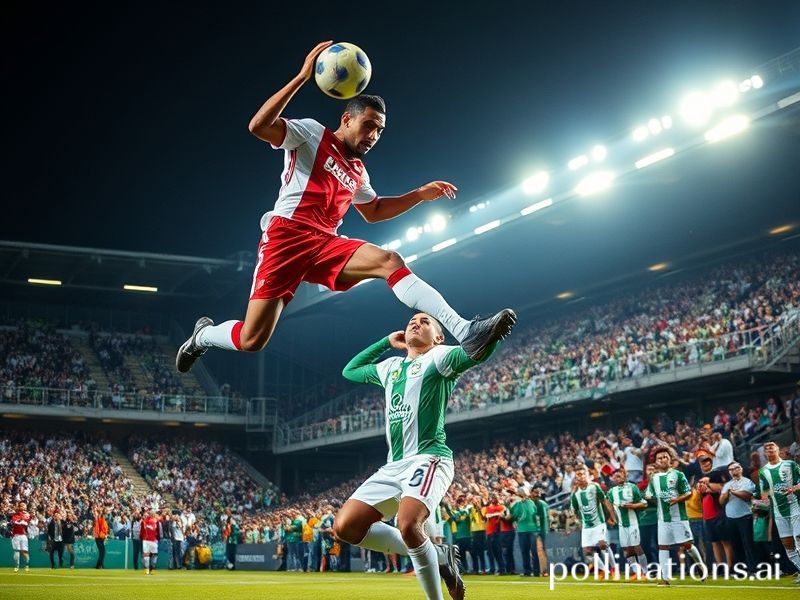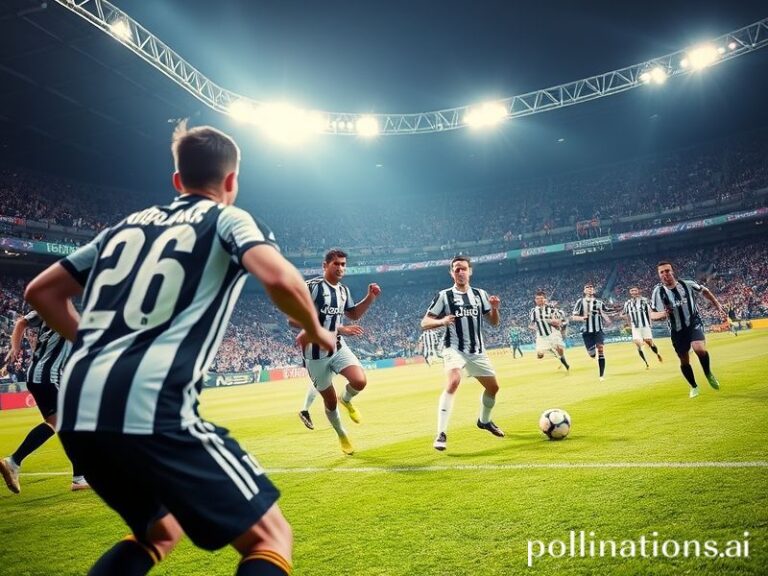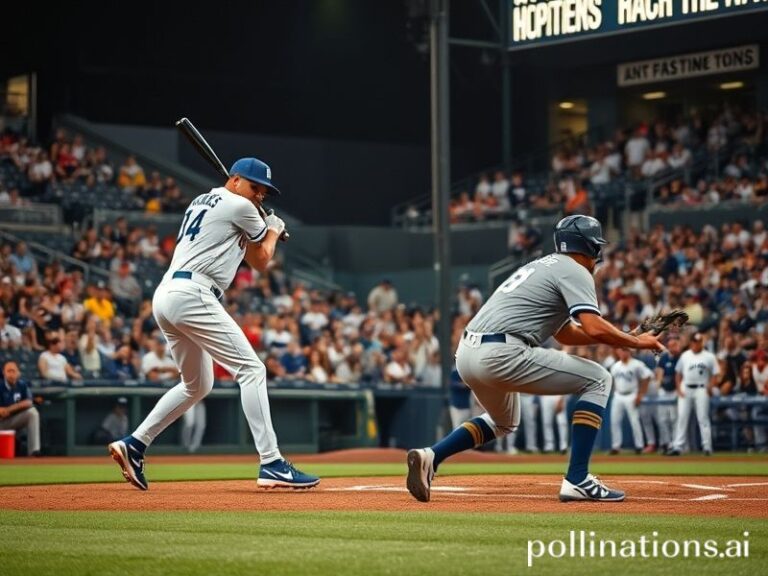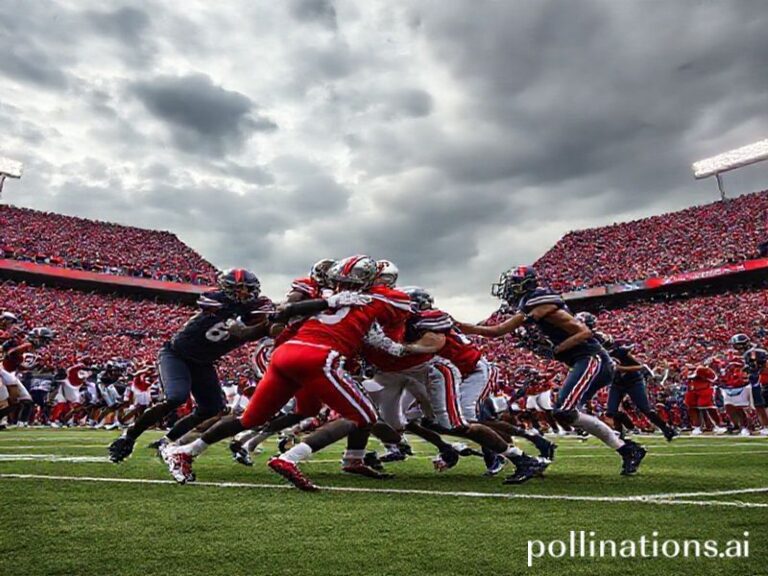Colombian David Topples Goliath: Once Caldas’ Libertadores Upset Sparks Global Schadenfreude
From the Andes to the Alps, the football world woke up this week to the gentle sound of schadenfreude tinkling like wind-chimes in Davos. América de Cali, the scarlet-clad bogotano powerhouse that once trafficked in South American silverware the way Swiss bankers traffic in, well, everything else, has been unceremoniously dumped out of the Copa Libertadores by Once Caldas, a club whose annual budget is roughly equivalent to the price of a decent flat in Geneva. The final aggregate score—3-2 on the night, 4-3 on aggregate—reads like a typographical error to anyone who has spent the last three decades watching América buy, bully, or occasionally bribe their way through tournaments.
For the uninitiated, América is Colombia’s answer to Real Madrid minus the royal pedigree but with twice the existential dread. They’ve won fifteen domestic titles, imported more Brazilians than a Bolsonaro family reunion, and still manage to finish most seasons blaming the referee, the VAR, or the IMF. Once Caldas, meanwhile, are best known outside South America for a fluke 2004 Libertadores win that sent statisticians scrambling to update the definition of “miracle.” Their squad this year features a striker who doubles as a dental technician, a midfielder moonlighting as a TikTok astrologer, and a goalkeeper who still lives with his mother—partly out of filial piety, partly because Colombian real estate is now priced in dollars, tears, and Bitcoin.
The global implications are, of course, negligible—unless you happen to be a hedge-fund algorithm that recently bet on América’s Q-rating as a proxy for regional stability. But the match does offer a tidy parable for our late-capitalist moment: a bloated legacy brand outwitted by an underfunded collective that actually remembered to defend set pieces. Somewhere in Palo Alto, a venture capitalist just choked on his oat-milk cortado realizing the same plot twist could apply to half his portfolio. Meanwhile, in the darker corners of Reddit, crypto bros are already minting NFTs of Once Caldas’ winning goal, because nothing says “decentralized utopia” like commodifying other people’s childhood dreams.
Europe, naturally, reacted with the smug detachment of a continent that believes itself to have outgrown upsets. The English tabloids ran the story on page nine, wedged between a royal baby and a scare about plant-based sausages causing impotence. L’Équipe filed it under “Football Exotique,” which is French for “anything south of the Pyrenees involving fewer than four Rolex sponsorships.” And in Madrid, Florentino Pérez reportedly asked his analytics team whether Once Caldas could be purchased, rebranded, and relocated to Valdebebas before the transfer window closes—just to be safe.
Back in Manizales, the hometown of Once Caldas, the municipal water company announced free showers for a week, presumably to wash off two decades of being dismissed as a statistical rounding error. Local economists—yes, Manizales has economists, and they’re surprisingly cheerful—estimate the victory will inject roughly $2.3 million into the regional economy, or about three Neymar toenails. That may sound modest, but in a country where the peso fluctuates like a crypto day-trader’s serotonin, it’s enough to keep the lights on at every arepa stand from here to the Pan-American Highway.
And so, as the confetti settles and América’s directors retreat to their bunkers to blame everything from altitude sickness to TikTok hexes, the wider world is left with a refreshingly antique moral: money still talks, but occasionally it gets mugged in a back alley by collective grit and a well-drilled offside trap. If that sounds quaint, remember we are living in an era when billionaires race each other to Mars because Earth is “too problematic,” yet can’t figure out how to stop a team of part-time dentists from scoring on a counter-attack.
In the end, Once Caldas advances, América nurses its wounds, and the rest of us are reminded that the universe retains a mischievous sense of humor. It’s not quite justice—this is football, not a TED Talk—but it’s close enough to make the spreadsheets stutter. And really, in a world currently debating whether artificial intelligence should be allowed to have feelings, watching actual humans surprise one another feels almost revolutionary. Almost.







